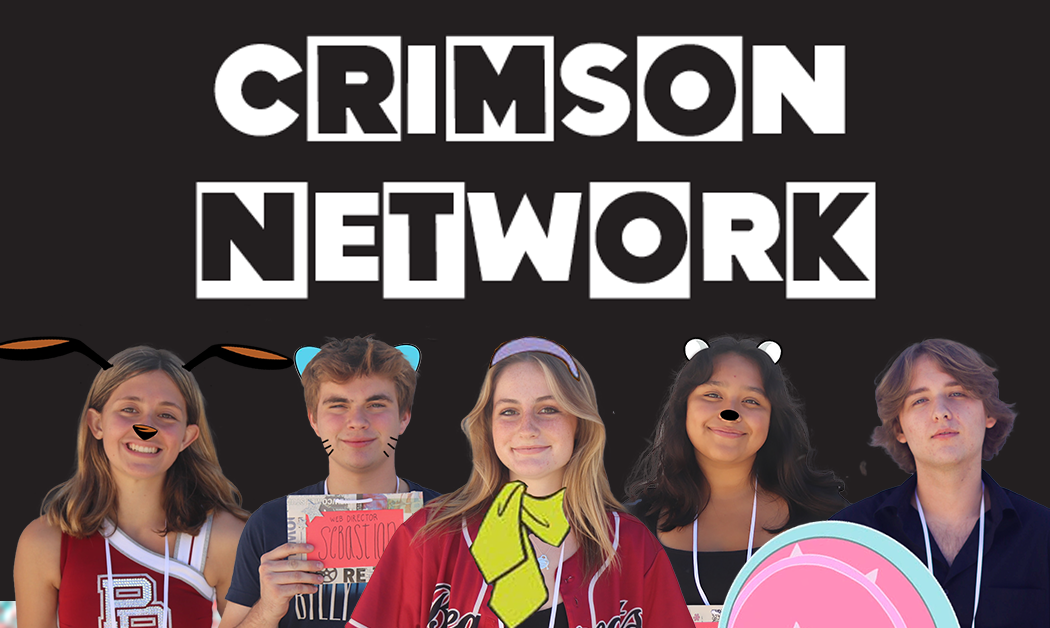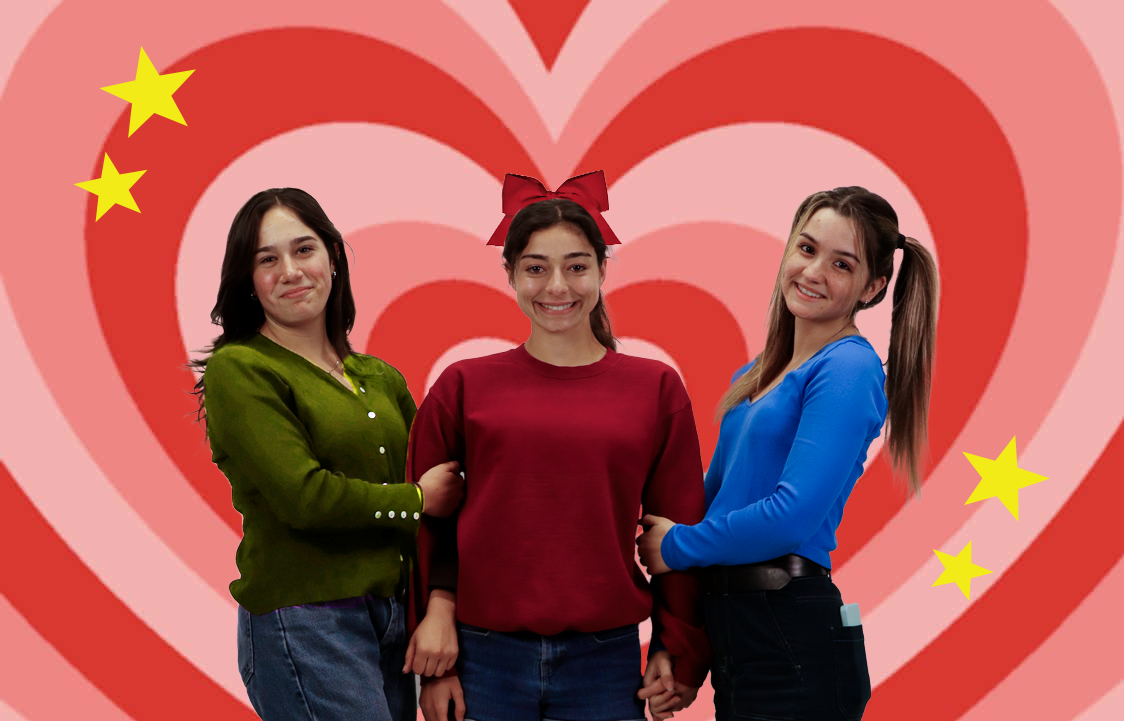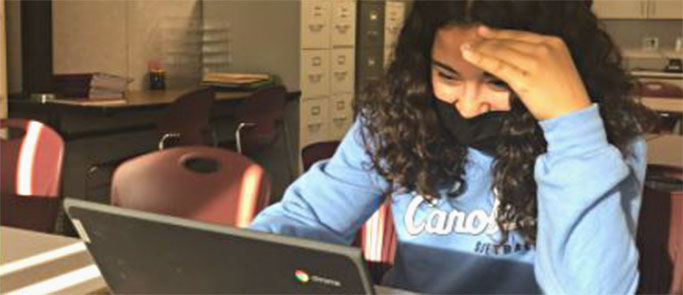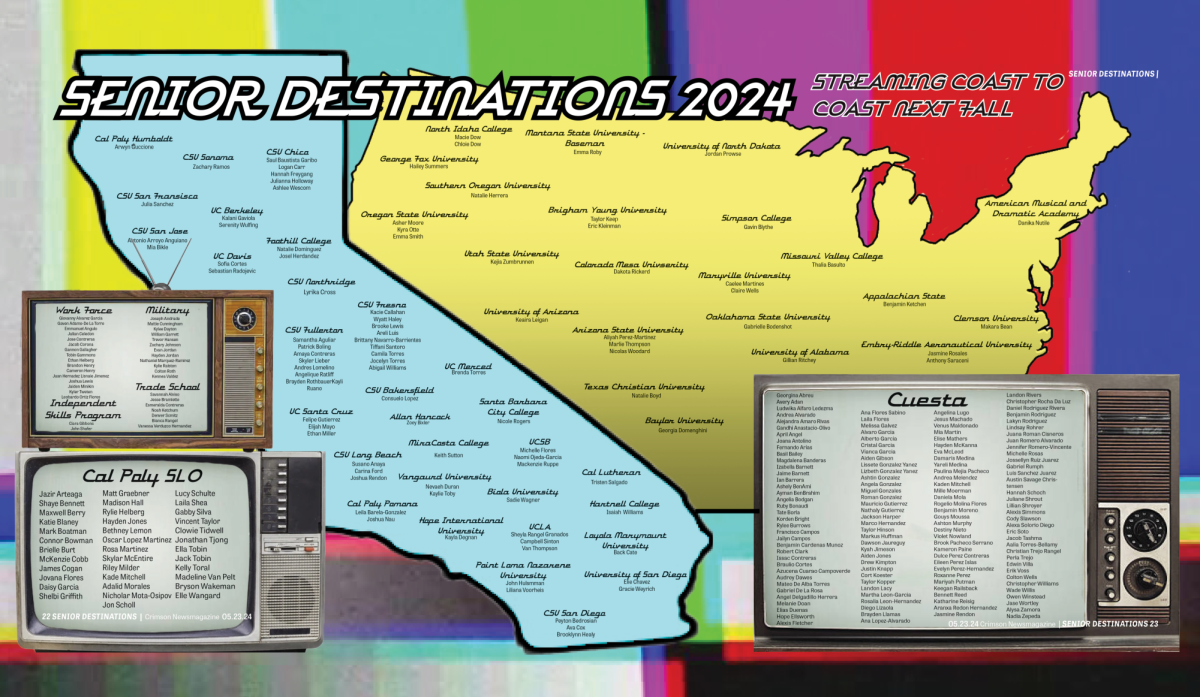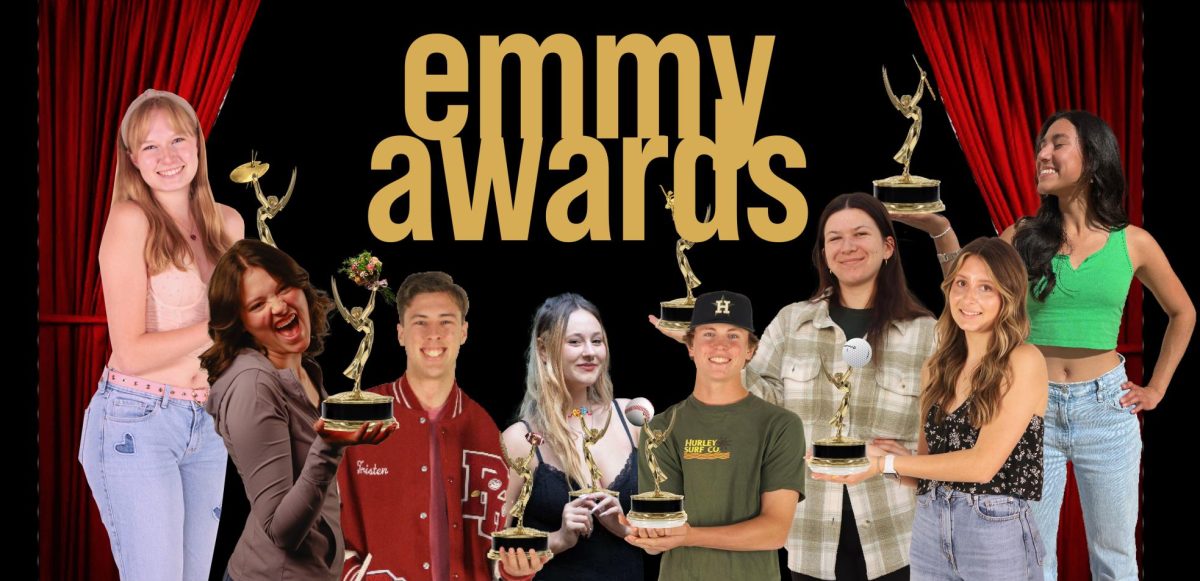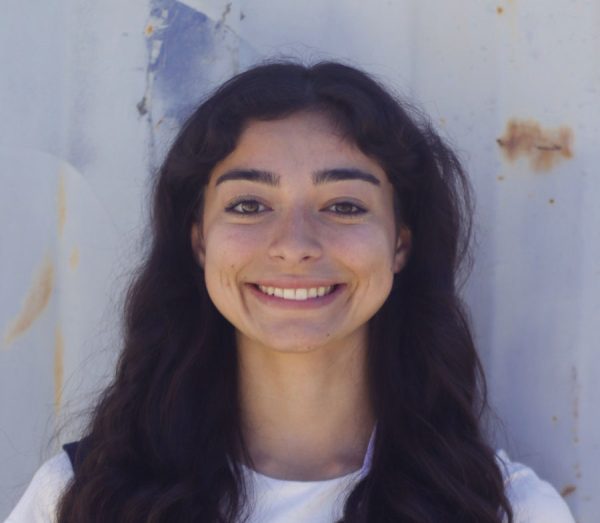[dropcap size=small]T[/dropcap]ired eyes and slumped shoulders. Nights spent working late and mornings rising before the sun to get finished with homework. Report cards with all A’s and backpacks overflowing with too many books: These are the staples of your honors and high-achieving students, who thrive on compliments and relish in distinctions. They are doing well in high school, flush with extracurriculars and the hardest classes, and plan on doing even better when they leave high school and embark on college journeys.
But where that journey takes place is the real, pressing question and students are more competitive than ever.
A stark 11% incline in applicants at competitive colleges accepting less than half of applicants and mounting expectations for young people have made getting into college, specifically higher ranked colleges, extremely difficult with acceptance rates for highly-known schools dwindling quick: in 1995, Harvard accepted 11.8% of applicants, University of Pennsylvania accepted about a third of their applicants, and Princeton accepted around 14%. Last year, Harvard accepted 3.43% of applicants, University of Pennsylvania accepted 5.68%, and Princeton accepted 3.98%.
More ‘realistic’ public universities display similarly slim chances: PRHS Crimson senior destinations across three years, 2019–2021, show a total of only eighteen seniors going to UCSB, three seniors for UC Berkeley, and five seniors for UCLA, the most applied to college in 2021 with around 168,000 applicants.
The pressure is undoubtedly present online, too. There are thousands of high school stats videos on Youtube, thousands of forums dedicated to “chancing” students, and endless opportunities to compare yourself to teenagers that you will never meet.
The college application process isn’t the same experience that previous generations faced, and high school students are being hurt by this pressure to get into selective and highly known colleges in major ways.

Overextension manifests in high schoolers through going to extreme lengths to be a perfect applicant. Instead of following one’s passions, one will do what looks good for college, something admitted to be true by sophomore Elie Chavez.
Chavez is still at the front end of her high school career, but college is a constant worry in her mind, and it has been “like 5th grade when (I) was… going into GATE.”
A self-admitted product of the overextension culture surrounding getting into college, Chavez has definitely felt the heat.
“So many people tell me like you always want to get into… these schools and these schools,” she said.
Chavez certainly is a competitive student: with a G.P.A. of 4.6, Chavez also plays softball, volleyball, is a leadership student, and is involved in student government on top of her four honors classes. She confesses to have felt pressure to start activities only because they would look good for college, while ignoring activities that could be done “for fun” because she “has literally no time for it” with all her homework on top of her extracurriculars. Most nights, not including time for eating, sleeping, and getting ready, she estimates getting less than an hour of free, stress-less time.
Chavez knows there are problems here.
“We’re… stressing too much and worrying about everything so early on. And it’s like this should be a later problem,” she said, and statistically, she’s correct: according to a national survey from the Yale Center for Emotional Intelligence and the Yale Child Study Center, the most common feeling associated with school is stress, with nearly 80% of students from the survey in agreement.
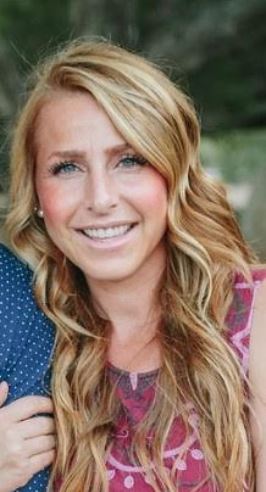
Here’s the biggest problem, though: People are stressed about getting into college, but according to College and Career Counselor Tara Walker, there’s a lot of misinformation: “About half of… (the colleges in the country) accept more than half of their applicants… So actually, in fact, it’s not hard to get into college. It’s just hard to get into the hard colleges.”
So, we see two responses to lofty college expectations: Either students overextend on things they don’t enjoy, or, more commonly at PRHS according to Walker, they do the work but shoot too low, only applying to schools they know with limited reach schools because of how they perceive the difficulty of certain colleges to get into.
But either way, misinformation gets to both groups. Over-extenders do activities they don’t enjoy to look good for colleges, but according to Walker, once you get to a certain level, it’s completely out of your hands due to institutional priorities.
“(Colleges have) a billion different things that they’re trying to round for: diversity and different rules of thought… on top of the intellectual standard,” she said. “So, for example, Stanford, let’s say they have… 50,000 applications for 1000 spots… Let’s say, 10,000 are four point something crazy with a million great activities. So how do you pick? So (to combat that) they’re very picky.”
In other words: You could be a perfect application, but get rejected from a top school for reasons completely out of your hands.
On the other hand, under-estimators, when they shoot too low, usually don’t know what colleges will be good for them outside of popular choices. They ignore schools that are better for them, but not as well known. This phenomenon is also spurred on by the media, and comparing oneself to others online and at other high schools. They unknowingly pass over many colleges that will admit them.
“Once you’re in the top portion of our school, you’re competitive. Colleges look at our school independently from other schools… because we have different populations… different amount of AP classes, a different amount of students that qualify for free or reduced lunch,” Walker explained.
Ultimately, the most important thing is to remember that what college one gets into, competitive or no, is not indicative of self-worth, and though the system of choosing such an important part of one’s careers early is flawed, there is more to life- especially in high school- than others’ (even colleges!) opinions or acceptance letters.

Senior Sarah Krumme, ranked in the top 5% of her class, dreams of going to Standard or Pepperdine, takes AP classes, and participates in a multitude of extracurriculars including choir, tutoring, leadership, creative writing club, FNL, NOSB club, JOOI club, and international club on top of taking care of her family and working. For her, however, the thought of college applications isn’t exceedingly overwhelming because she “loves what (she) does in school and (her) extracurriculars.”
“I am actually proud to say that I have never done something I didn’t want to for college… I like to live my life beyond appealing to what colleges might like, because life is short, and I want to live it in a healthy way that makes me happy,” Krumme said.
“…I love the rigor of school, so I feel like a top school with high rigor would be enjoyable for me… but too many people value what college they want to go to based off of the popularity of the name, or their prestigious reputation… when in reality just because a college has a high end reputation doesn’t mean that it is better than any other college.”
In a world where sixth graders on college forums beg for tips on how to mold themselves into the perfect applicant, where seniors are driven to immeasurable stress looking back at their high school years, and where everyone in between suffers similar, unhealthy states, it’s time that students liberate from it all. The college application process may not change, but mindsets can if students start to prioritize learning and passion over colleges’ definitions of success.

